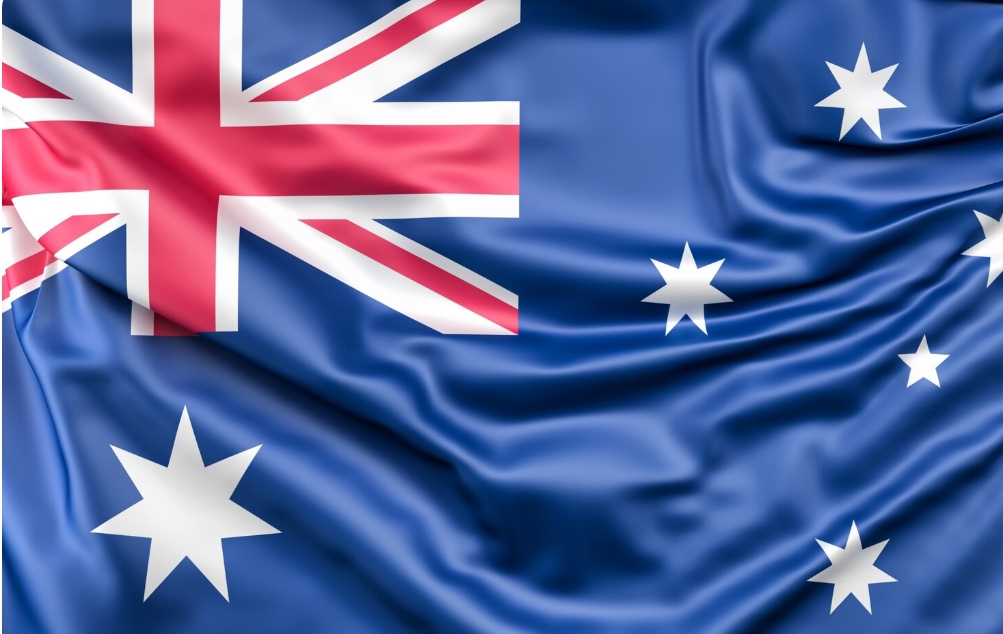Australia is one of the most sought-after study destinations, known for its world-class education, cultural diversity, and vibrant student lifestyle. A popular place for studying, vacationing, and living, Australia offers exciting experiences and opportunities. As the smallest continent and one of the largest countries, it lies in the Southern Hemisphere, southeast of Asia. Its diverse geography includes snow-capped mountains, deserts, and tropical temperate forests.



Studying in Australia opens doors to world-class education and future career success. Let Welhan Abroad Study guide you from application to arrival. Your global dream starts here. Home to several top-ranking universities, Australia offers a welcoming and academically enriching environment that prepares students for global success.
Canada offers international students an academic experience that is very hard to beat. Academic excellence, affordability, work opportunities during and post-study, pathway to permanent residence, and a safe living environment are just some of the reasons why Canada is ranked amongst the top ten destinations for students looking to study abroad. With affordable tuition fees, quality institutions, flexibility to work during study, post-study work and immigration options, and welcoming people, it is no surprise that Canada is one of the premiere destinations for international students, drawing in over 300,000 new international students annually.
It offers not just education but a chance to build a future. Let Welhan Abroad Study guide you every step of the way—from your first consultation to your arrival in Australia and beyond.
Globally Recognized Qualifications
Degrees from Australian universities are respected worldwide. The country is home to institutions consistently ranked in the QS World University Rankings, offering courses in Business, IT, Engineering, Health Sciences, Arts, and more.
Flexible Education System
Australia’s education system allows flexibility in choosing programs and career-focused study paths. Whether you’re pursuing an undergraduate degree, postgraduate program, diploma, or vocational training, there’s a tailored solution for your goals.
Safe and Multicultural Environment
Australia is a safe, student-friendly country with a rich multicultural atmosphere. International students are warmly welcomed, making it easier to settle, adapt, and thrive both academically and socially.
Work While You Study
International students can work up to 24 hours per week (as of 2025) during study periods and full-time during semester breaks. This enables students to gain real-world experience and support their living expenses.
Post-Study Opportunities
Depending on your qualification and location, you can apply for a Temporary Graduate Visa (subclass 485), allowing you to stay and work in Australia for 2 to 6 years after graduation. This work experience can strengthen your career profile and support your pathway to permanent residency through programs like Skilled Independent Visa or State Nomination.
At Welhan Abroad Study, we simplify your journey to Australia by offering:
Expert guidance on university and course selection
Personalized assistance with applications, SOPs, and documentation
Visa processing support with updated compliance knowledge
Advice on scholarships, accommodation, and part-time work
Pre-departure sessions to ensure a smooth transition
To study in Australia, you need an offer letter from a recognized institution, proof of financial capacity, a valid passport, English proficiency test scores (like IELTS or PTE), and a Genuine Temporary Entrant (GTE) statement. Wellhan Abroad Study will guide you through each requirement.
Yes, international students can work up to 24 hours per week during academic sessions and full-time during scheduled breaks. This helps students earn money, gain work experience, and manage their living expenses.
The 485 visa allows eligible international graduates to stay and work in Australia for 2 to 6 years after completing their studies. This visa is a valuable step toward gaining local experience and applying for permanent residency.
Tuition fees vary based on the institution and course but generally range from AUD 20,000 to AUD 45,000 per year. Living expenses average AUD 21,000 per year, depending on the city. Scholarships and part-time work can help manage costs.
Welhan offers end-to-end support, including university selection, application preparation, GTE writing, visa assistance, and pre-departure guidance. We ensure a smooth and successful application process so you can focus on your education.